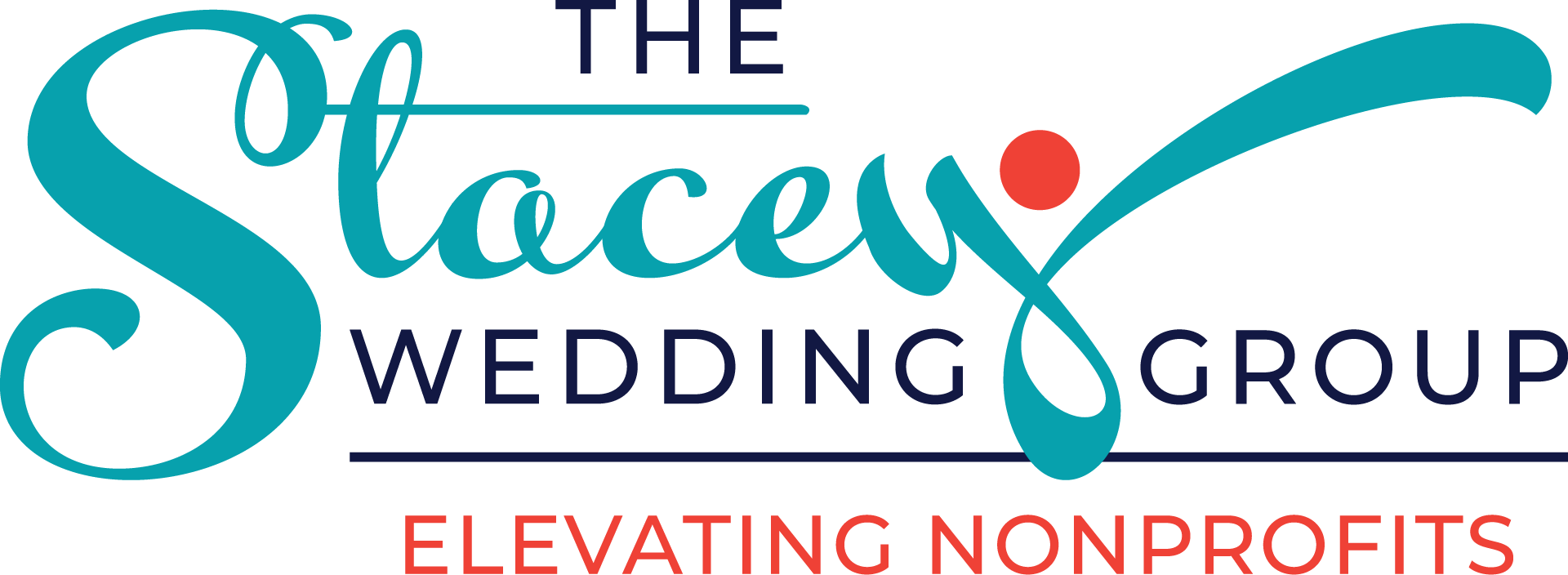With February’s arrival and the overly commercialized, often dreaded Valentine’s Day, there is no time like the present to discuss “It’s not you, it’s me.” Fortunately, we’re not talking about this in relation to your personal love pursuits but rather your prospective board member searches. Whether you’ve spoken these words or been the receiver of them, everyone dreads being on either side of rejection.
Since good board members seem to be tougher to come by these days, consider the following types of resistance you might receive from your board candidates and be ready to respond.
Here are three common reasons you might hear from potential board members reluctant to hop on to the Nonprofit Board Crazy Town Bus (if that isn’t reason enough…) as well as how to address each:
- “It’s not you…it’s me. Now is just not the right time for me.”
When a board candidate says this, sometimes they are being sincere. Bless them and move on! Better to know sooner rather than later, right? Perhaps they have higher priorities right now. Find out if this is a “no, not ever” or a “no, not until I get through xyz commitment.” It is okay to ask some follow-up questions to better understand their situation and to make notes of this for future reference in case you want to approach them again when the time IS right.
- “It’s not you…it’s me. I am not rich or connected.”
This comment is magical for a few reasons. It shows you how the candidate is defining board service, which may be different than what you’re seeking. This allows you to have some important conversations and to clarify expectations. If you’ve already shared your donating/fundraising (aka give/get) requirements for serving on your board, then kudos to the candidate for being real and recognizing they are not a great match for what your organization is seeking.
If, however, you haven’t yet shared any expectations re: your own policies around give/get, this is a signal to dig deeper. The reality is that many people who serve as first time board members don’t feel qualified. They paint a picture in their minds about what being a board member means and no surprise, imposter syndrome strikes, and they don’t see themselves as a fit. Each board is unique. Tell the person that. Provide an explanation about your board’s culture, expectations, and examples of how the prospective board member can help with your fund development process in ways beyond multi-figure gifts and knowing all of the “who’s who” in town.
- “It’s not you…it’s me. I like to be hands on with an organization, not spend all my time in a boardroom.”
In this scenario, you get to take the board candidate’s thinking from “either/or” to “and” or both. Who says board members can’t wear a volunteer hat AND serve in a governance capacity? Get honest about the frequency and general length of board meetings, and then get the candidate excited about the other ways they can connect to some of those “hands on” activities they crave. This is also a great opportunity to explain the importance of a governance vs support role and how valuable it is to find a board member willing to wear both hats, so they understand multiple facets of the organization.
Similar to any relationship, it’s important to respect a “no” response. I also know from years of experience and many grey hairs that it’s important to be curious and to ask a few questions to better understand the candidate’s point of view, so you can determine next steps that are mutually beneficial to them and to your organization.
Are there any “rejection phrases” you’ve experienced that you’d add to this list?
Hat tip to your success!
P.S. Do you want to get updates on our most recent blogs and other free resources we offer? Sign up here for our bi-monthly e-newsletter, The SWGazette.

